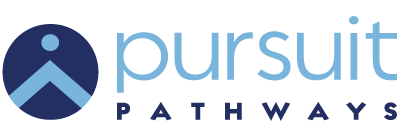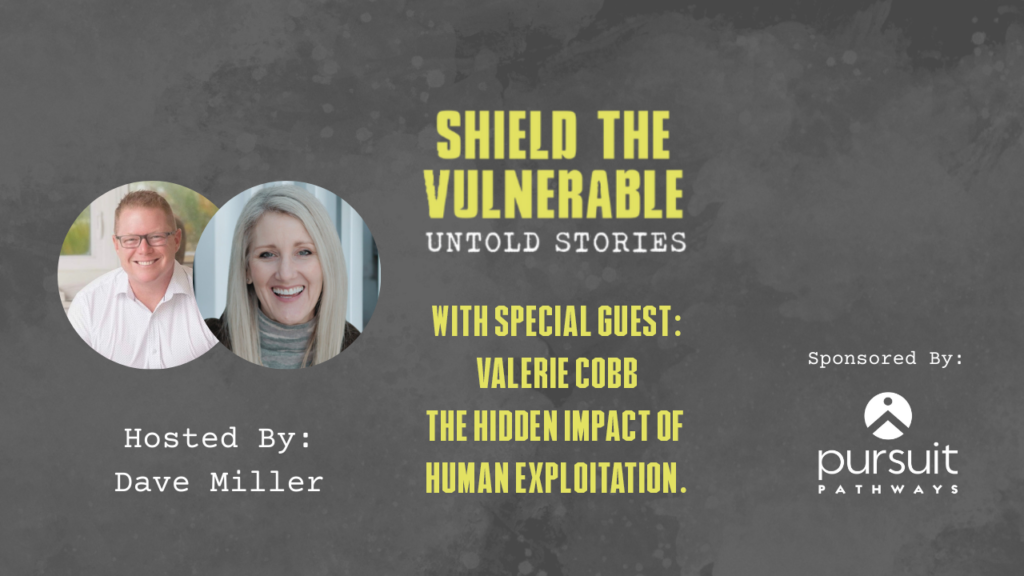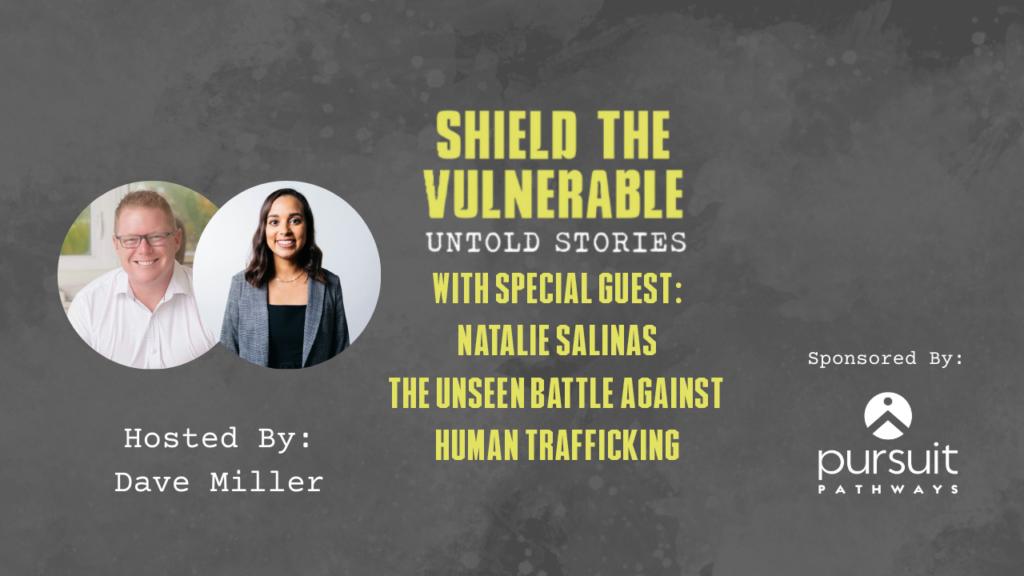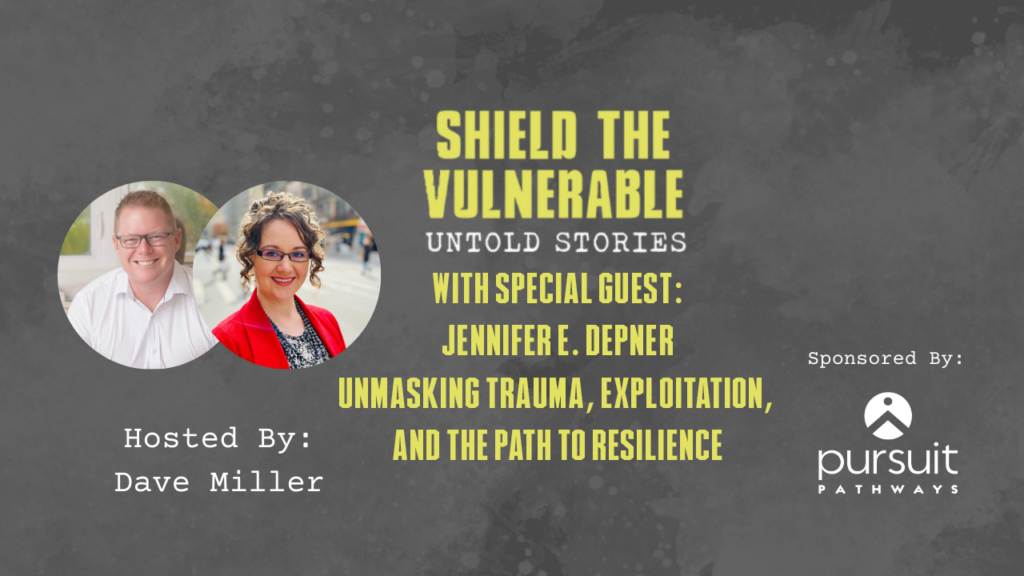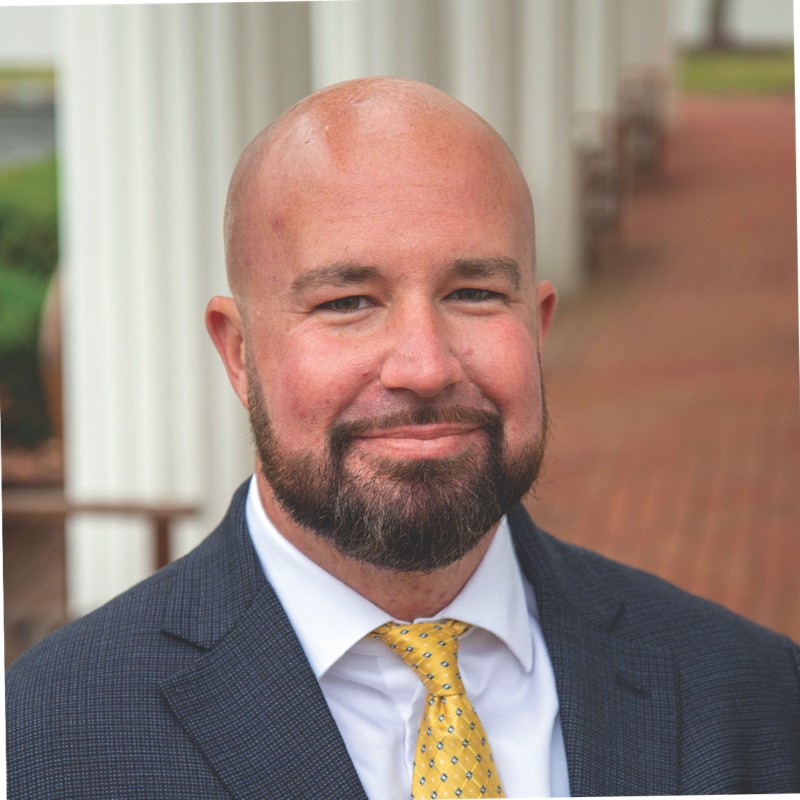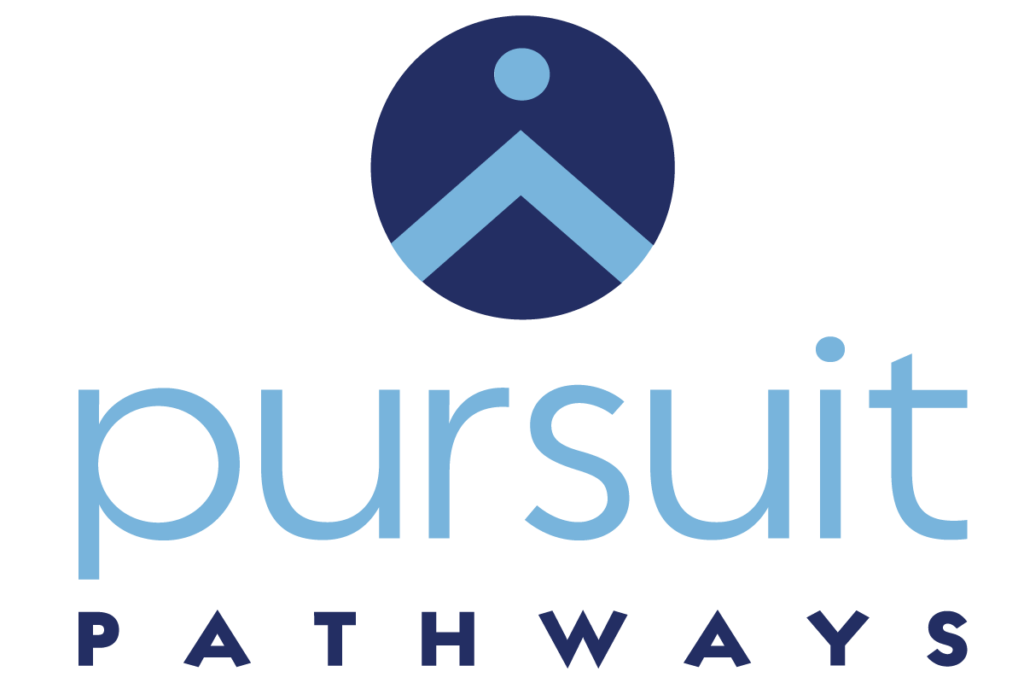Shield the Vulnerable – Untold Stories:
Belief Over Buy-In: Rethinking Employee Engagement in a Distracted Workplace
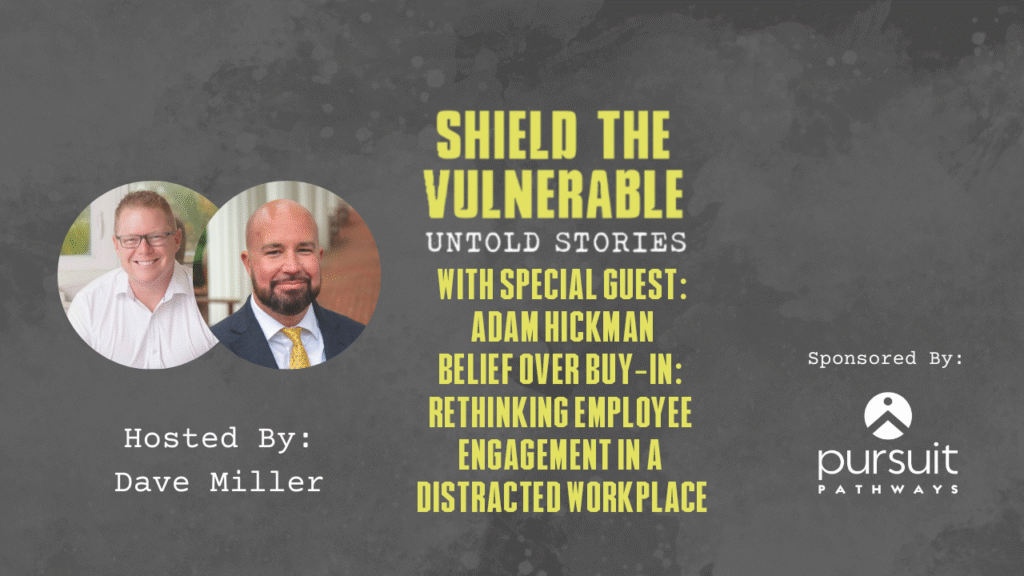
Shield The Vulnerable: Untold Stories – Belief Over Buy-In: Rethinking Employee Engagement in a Distracted Workplace
In today’s evolving work environment, employee engagement goes beyond simply showing up. In a recent conversation featured on Shield the Vulnerable: Untold Stories, Dave sat down with Adam Hickman—VP of Organizational and Employee Development at Partners Financial Credit Union (a part of the Walt Disney Company) with over 23 years of HR experience—to discuss how engagement impacts everything from workplace performance to overall employee well-being. As Adam passionately explains, we are all only one degree removed from knowing someone affected by workplace violence or online exploitation, and these issues directly filter into our daily work lives.
Rethinking Engagement: Beyond Free Perks
The discussion quickly moved past the idea that engagement is achieved through superficial perks like free lunches, ping pong tables, or other “nonsense features.”
- Buy-In vs. Belief:
Adam emphasizes that it’s not enough to get a temporary buy-in—true engagement comes from creating a culture where employees genuinely believe in their work. He contrasts the fleeting excitement of a “March Madness bracket” with the long-term, intrinsic motivation that comes from belief in a purpose-driven organization.
Real Engagement Yields Performance:
“Engagement yields performance,” Adam explains. It is the thoughtful and consistent, meaningful conversations with employees—whether face-to-face, through a team message, or even a quick text—that turn a workplace around.
The Critical Role of Managers
A key insight from the conversation is how much managers shape engagement.
- Manager Impact:
Adam notes that managers can account for up to 70% of the variance in employee engagement. Their day-to-day interactions—knowing each employee’s strengths, setting clear expectations, and creating opportunities for meaningful dialogue—are vital for building a positive work culture. - Avoiding Forced Compliance:
When organizations rely solely on top-down directives or attempt to force compliance with large, inflexible initiatives, they risk dampening true engagement. Employees need to feel that they are part of the conversation, not just the recipients of a corporate mandate.
Change Through Meaningful Conversations
Throughout the conversation, both speakers shared several practical strategies:
- One Meaningful Conversation a Week:
Adam suggests that even a single intentional conversation per week can spark engagement. It doesn’t need to be a lengthy meeting; a brief check-in—even while passing in the parking lot—can make a difference if it’s sincere. - Listening and Adapting:
The conversation also touched on the importance of “pre-work”—understanding what your employees need before rolling out any change. Instead of applying a Band-Aid solution, organizations should look to study best practices and adapt strategies that have shown success in similar environments.
Tools and Frameworks
Adam highlights several models and frameworks that help explain and drive engagement:
- Theory of Planned Behavior:
This model focuses on attitudes, subjective norms, and perceived control to understand why employees respond the way they do to changes. Rather than just rolling out a change, leaders must assess whether employees are mentally prepared for it. - Feedback and Data:
The conversation referenced real-world data on employee engagement—in the US, engagement levels have hovered between 26% and 36% over recent years. Adam urges organizations to use these insights not to shame but to inform better practices in real-time engagement.
The Future of Employee Engagement
Looking ahead, both speakers agree that the next major challenge in the workplace isn’t a physical one but a mental health pandemic.
- Mental Health Impact:
With employees spending an estimated 60,000 hours of their lives at work, it’s critical that organizations create environments where people feel supported, challenged, and recognized. - Building a Culture of Trust:
The future will be defined by companies that prioritize genuine relationships and establish trust through continuous, meaningful interactions instead of relying on transient engagement strategies.
Final Thoughts
The conversation with Adam Hickman is a call to action for leaders everywhere: stop settling for superficial buy-in and start building a culture where true belief in the organization’s mission drives performance. By focusing on meaningful communication, empowering managers, and adapting best practices, businesses can transform the workplace into an environment where engagement is natural, sustainable, and deeply fulfilling.
Resources & Support
On Shield The Vulnerable: Untold Stories, host Dave welcomes Valerie Cobb, CEO of The Impact Book. A successful entrepreneur and advocate, Valerie shares insights on exploitation, human trafficking, and workplace violence, emphasizing the need for awareness, education, and action.
In this episode of Shield The Vulnerable: Untold Stories, Natalie Salinas discusses the harsh realities of human trafficking, exploitation, and workplace violence. Learn about the emotional and financial toll of these issues and how awareness can help prevent them.
In this episode of Shield The Vulnerable: Untold Stories, Natalie Salinas discusses the harsh realities of human trafficking, exploitation, and workplace violence. Learn about the emotional and financial toll of these issues and how awareness can help prevent them.
About Adam Hickman
Adam G. Hickman, Ph.D., is a seasoned leader in human resources and organizational behavior, currently contributing his expertise at The Walt Disney Company.
With over two decades of experience, Adam brings a data-driven approach to HR strategy, combining research, operational excellence, and leadership development.
His background includes key roles in people analytics, organizational development, and employee experience, where he’s consistently aligned talent strategies with business objectives.
Adam holds a Ph.D. in Organizational Behavior and is a recognized voice in the HR industry, known for bridging academic research and practical workplace solutions.
He continues to elevate employee engagement and culture transformation efforts across global organizations.
